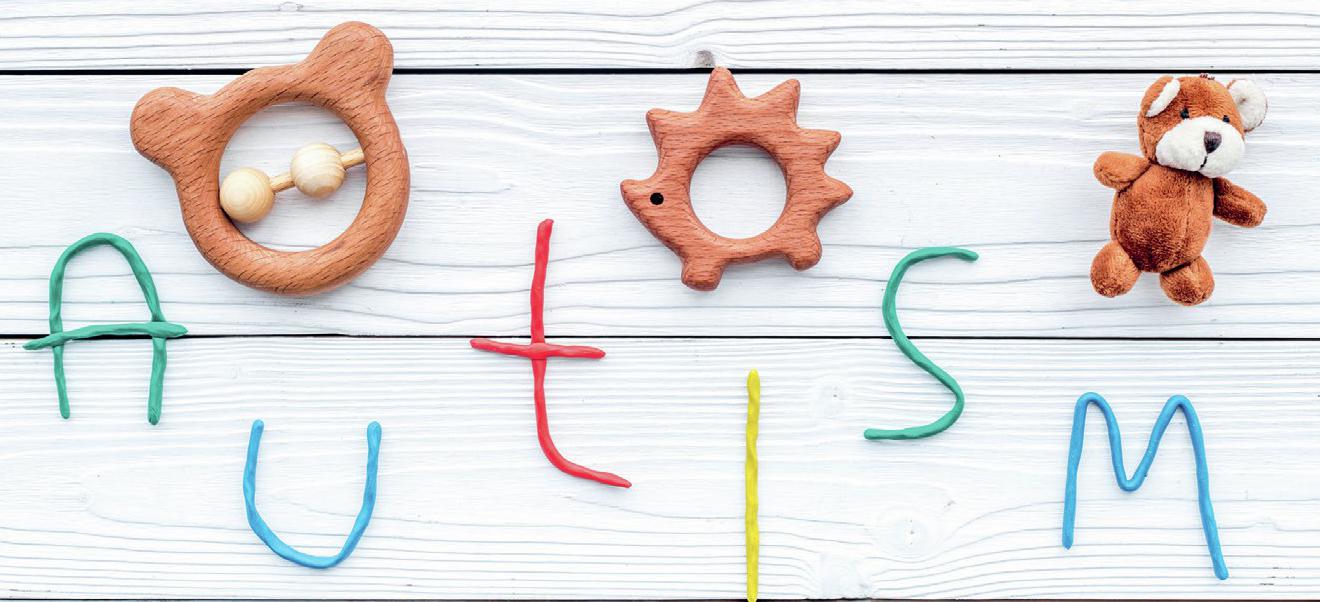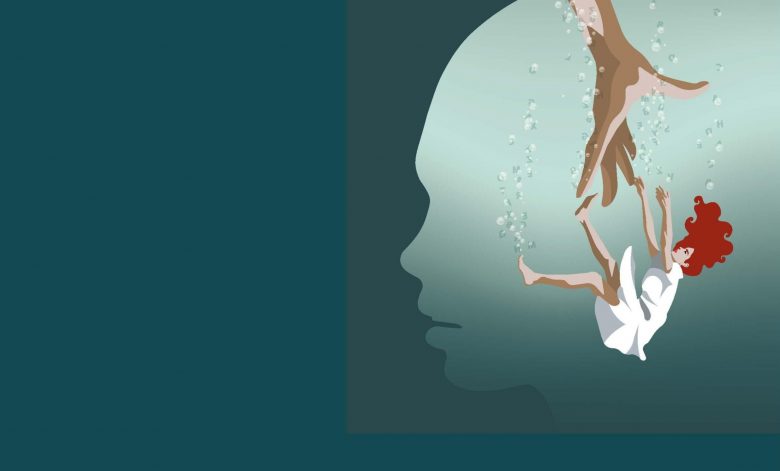
Some children display callous-unemotional (CU) traits such as low levels of emotionality, lacking empathy and not feeling guilty when they misbehave or hurt others’ feelings. The importance of CU traits lies in their strong association with antisocial behaviour. For example, there is now a great deal of evidence that young people with antisocial behaviour are at greater risk of poor outcomes if they possess high levels of CU traits. Youths who behave antisocially and are also high in CU traits show a greater variety, severity and persistence of antisocial behaviour over time than antisocial youths who are low in CU traits. So, even though young people with CU traits are few in number (around 1% of antisocial youth), they appear to be doing most of the ‘damage’ from a societal perspective.
CU traits are viewed as the childhood version of psychopathic traits in adults. Similar to adults who are high in psychopathic traits, adolescents high in CU traits lack empathy for others and show deficits in recognising and responding to others’ distress, making it more likely that these individuals will commit crimes and have difficulty forming relationships.
Your organisation does not have access to this article.
Sign up today to give your students the edge they need to achieve their best grades with subject expertise
Subscribe



